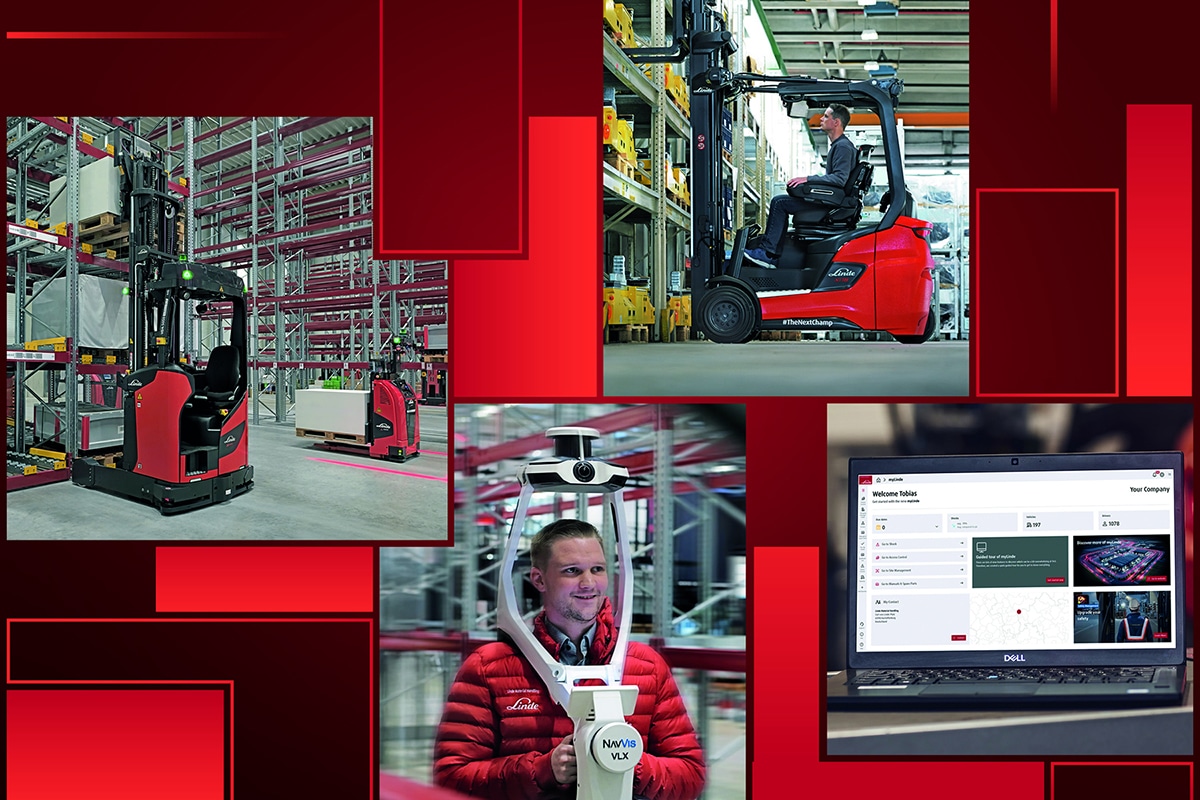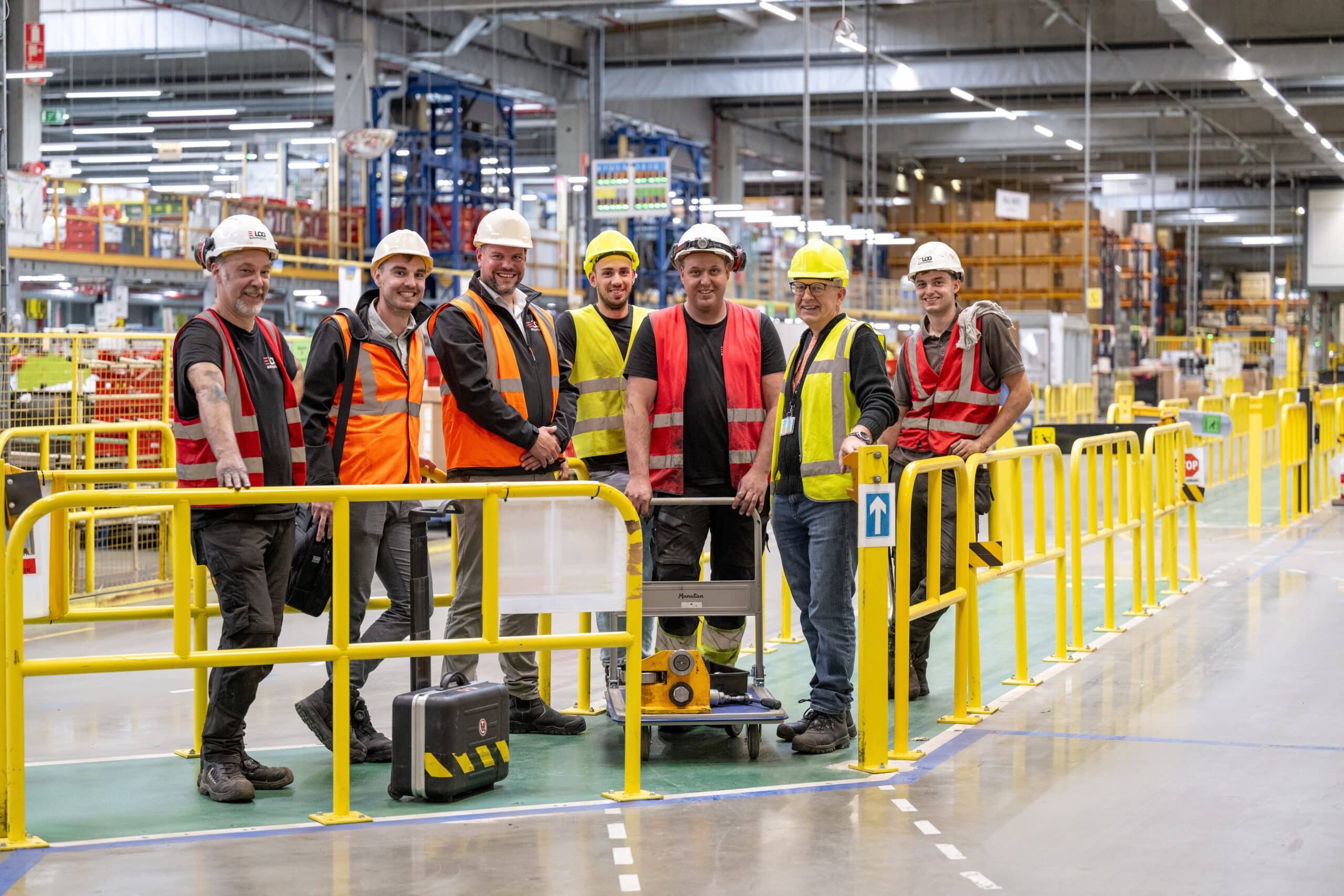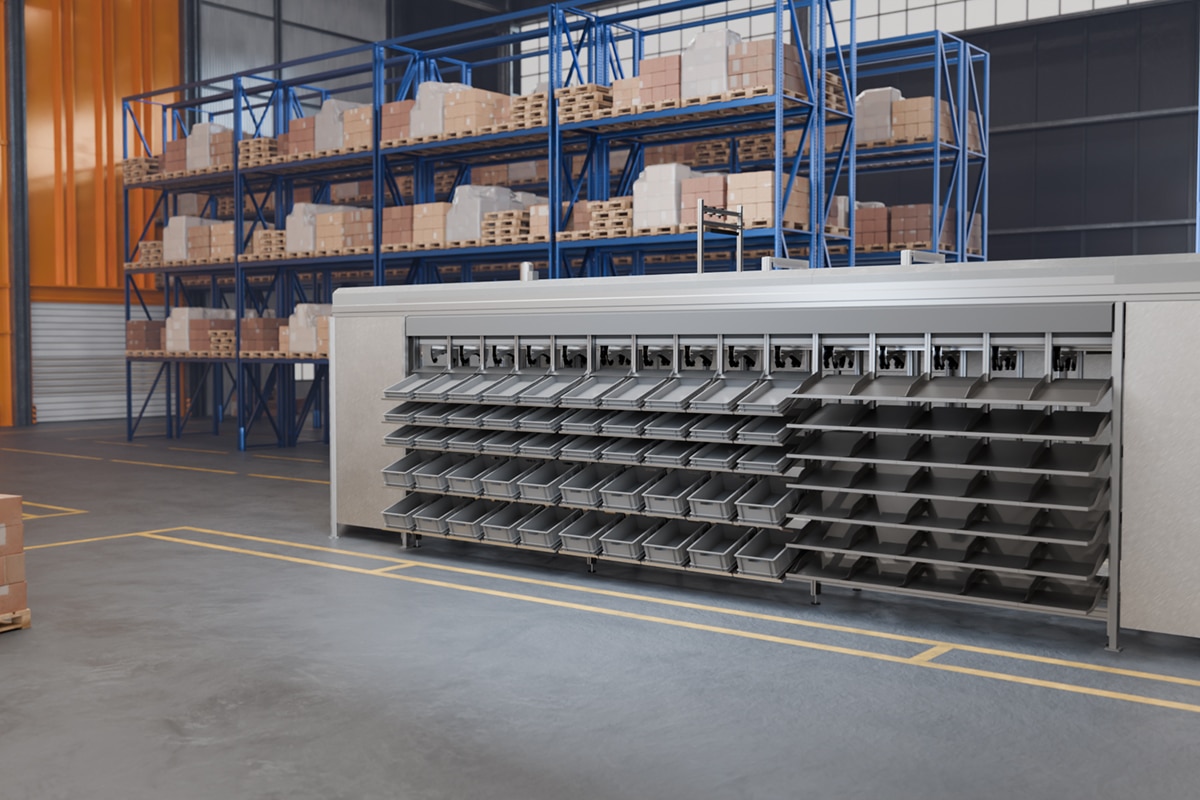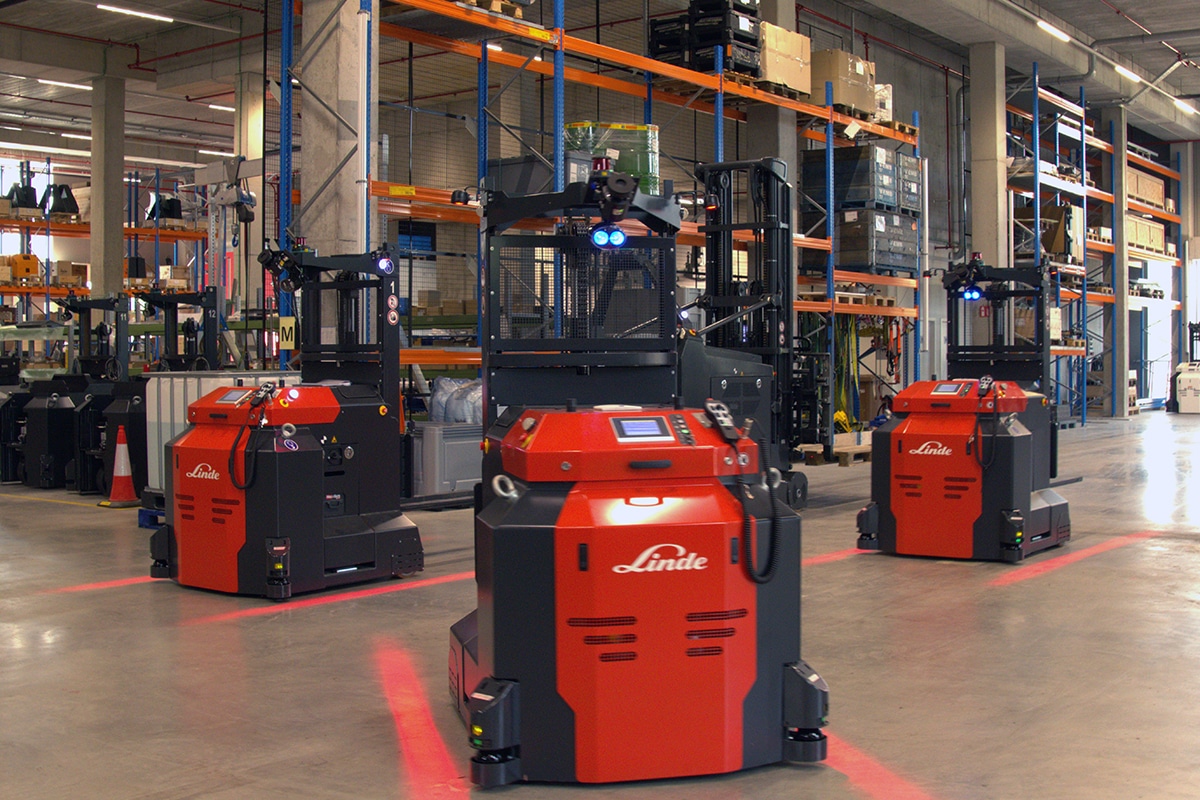
How can the logistics and transportation sector grow smartly, according to Jeroen Franssen (Agoria)?
81,400 euros. That was the average added value realized by an employee in the transport and logistics sector in 2023. At first glance, a nice figure, but nothing is what it seems. Because our productivity growth has been sputtering for a number of years, and that, together with our labor cost handicap, is causing a slackening of our competitive position compared to neighboring countries. According to Jeroen Franssen, Senior Expert Talent, Labor Market & Organization at Agoria, the logistics sector must focus more than ever on technological solutions to remain competitive.
Agoria, the Belgian employers' association for technology companies, gathered figures showing that the transport and logistics sector in our country realized a turnover of 23.5 billion euros in 2023. "At the same time, the average added value per worker was 81,400 euros," indicates Jeroen Franssen. "If we contrast both parameters - production and productivity - it took about 290,000 workers to get the job done last year."
"For the coming years, the National Bank of Belgium and the Planning Bureau, among others, predict an average growth rate of 1.5 percent per year for the transport and logistics sector," Jeroen continued. The hypothesis is that in 2030 the sector turnover will reach 26 billion euros and the productivity contribution per employee will grow to 85,000 euros. Between now and 2030, we expect an accretion of about 15,000 additional transport and logistics jobs."
Resilient sector
Another striking observation: the strong resilience of the logistics sector - and by extension, the entire Belgian economy and labor market. Despite the numerous periods of crisis in recent years that are still having an impact today, the sector is showing tremendous resilience. "Between 2017 and 2022, the Belgian economy continued to grow by 1.5 percent per year, after adjusting for inflation. The number of jobs created during that period - 414,000 additional jobs - is also remarkable," Jeroen stressed. Nevertheless, according to Agoria's labor market expert, dark clouds are also looming on the economic horizon. "Labor productivity in Belgium is no longer growing. Over the last six years, we have seen stagnation, losing ground compared to other EU countries. This stagnant productivity - also in the logistics sector - poses a double problem. On the one hand, companies become so exclusively dependent on additional people to achieve the same turnover, and this while the group of people of working age will decrease in the coming years due to our demographic model. On the other hand, our Belgian companies are becoming less competitive against foreign players. We must do everything possible to further expand Flanders' position as an international logistics hub." Another worrisome observation according to Jeroen: "Although we record a growing employment rate in our country, we see an even stronger increase in Europe. Our employment rate gap is growing. And yet, together with Austria, we record the highest share of job vacancies of all European countries. 4.8 percent! This is undoubtedly also being felt by our transport and logistics companies."
Support labor productivity
Thus, using logistics workers competitively is and remains the message. According to Jeroen, several possible solutions come into the picture here. "I am obviously thinking of technological solutions such as automation, digitization and robotization, but also streamlining production and value chains and process innovation. As for hiring, I note that our labor market focuses too much on shortages of highly skilled employees. Yet jobs that do not require a degree in education - and there are many of these in the logistics sector - are even more of a bottleneck, because arithmetically there is not even one job seeker available per vacancy anymore."
From WMS to VR training
By deploying innovative software and technologies - from WMS to autonomous vehicles to exoskeletons to VR training - the logistics sector can (continue to) play a prominent role in creating a socially correct and technology-supported work environment. "Investment in those new applications will ensure that logistics and transportation jobs are safe, workable and challenging," Jeroen said. "More comfort for workers, combined with lower error rates and less repetitive tasks. That's an ideal and necessary setting to further grow productivity per employee!




